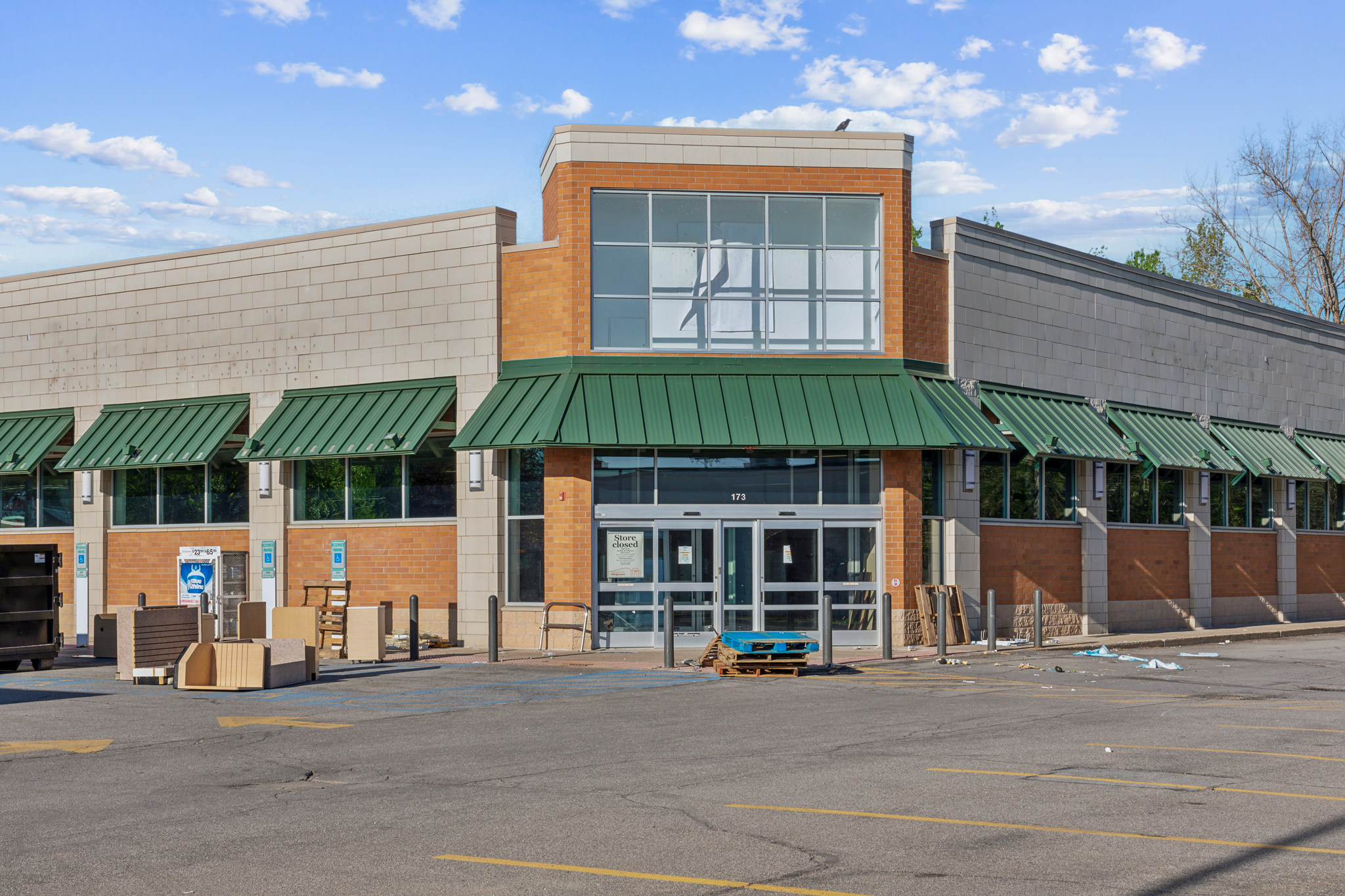How to Prepare for Closing Day
Your closing day will be the day you become the legal owner of your new home. You and your realtor will meet with the seller and their realtor to sign all of the final paperwork and exchange keys.
In preparation for closing day, it’s a good idea to have a team of professionals around you to advise you. This team should include your real estate agent at a minimum, but you can also have a home inspector, an attorney, an escrow officer, a title insurance agent, and a mortgage professional.
These professionals are helpful because there are a few closing contingencies that should be added to your closing checklist. Contingencies include your home inspection, appraisal, loan documents, homeowners insurance, and your final walkthrough.
All of the closing contingencies listed in the contract have to be met before the sale becomes legally binding. They’re there to protect you – the home should be in the condition described in the contract, and you shouldn’t have to pay for anything you didn’t agree to.
The House Closing Timeline
The home closing process stretches from the moment you put in an offer to the moment the keys are in your hands. This is typically a timespan of around 40 days.
Now, there are things that can cause delays in your home purchase, but the most common reasons for these delays have to do with financing issues.
Because of this, it’s essential that you have your finances in order when going into the process of buying a house. Know exactly how much you can pay, where your other debts are (if any), and any payment obligations you’re under.
Once you’ve made it to the closing itself, you can expect to be at the office of the escrowee for an hour or two before getting the keys. There’s a lot of paperwork to sign!
The Cost to Close on a House
As we mentioned before, the majority of closing day roadblocks occur because of finances. This is because buying a house, and paying for everything that goes along with it, is probably the largest purchase you’ll ever make, so it’s common to be a little unprepared.
One of the best ways to avoid any disruptions, or worse, lose your dream house, is to be prepared for not only your monthly mortgage and fees but the closing costs as well.
The average homeowner pays 3-4% of the total cost of their new home in closing fees. So if you’re buying a home for $400,000, you should be prepared for between $12,000 and $16,000 in closing costs.
Don’t worry, at least a few days before the closing of your home, you’ll get what’s known as a closing disclosure. This document will list all of the closing costs and who will be paying them, so you’ll know exactly what to expect beforehand.
Be sure to review this document carefully, double-checking that it matches your loan estimate and that you can afford the monthly mortgage amount listed.
What to Bring to Your Closing
Two hours is a long time to sit in an office signing paperwork, and this process can take even longer if you don’t bring everything that you need with you. The day before closing, gather everything in one folder or bag and ensure that it comes with you to the meeting.
For the closing meeting to go smoothly, you’ll need your driver’s license, any outstanding documents or paperwork, and a certified or cashier’s check payable to the closing company for your closing costs. Some closing costs are deducted from the sales price, so check before you commit to an amount.
What Happens on Closing Day
As you know, closing day is mostly about signing your contract. Unfortunately, this isn’t a simple one-page document, you’re going to be signing for a while. If you want to bring your favorite pen to sign with, feel free!
In addition, you’ll be paying any closing costs that have yet to be settled. Remember, refer to your closing disclosure if you have any questions, and don’t be afraid to speak up if something doesn’t look right.
The person selling the home to you will sign documents that transfer ownership of the property to you. And while they’re doing that, you’ll be signing a settlement statement listing all home-related costs, a mortgage note agreeing to repay the loan, and the deed of trust, securing the mortgage.
When that’s done, the title company will send the paperwork in with the new deed in your name, hand you the keys and any other necessities, such as garage door openers, and you’re ready to go.
Close on Your House With Confidence With This Guide
You’re going to have a million emotions going through your head when your closing day finally arrives. Hopefully plenty of happiness and excitement, but probably some anxiety and trepidation as well.
By using this guide and preparing effectively, however, you can minimize the negative feelings and go into your closing with confidence knowing you’re about to purchase your dream home.
Interested in learning about how to make your new home the best it can be? Take a look at our blog!







Leave a Comment